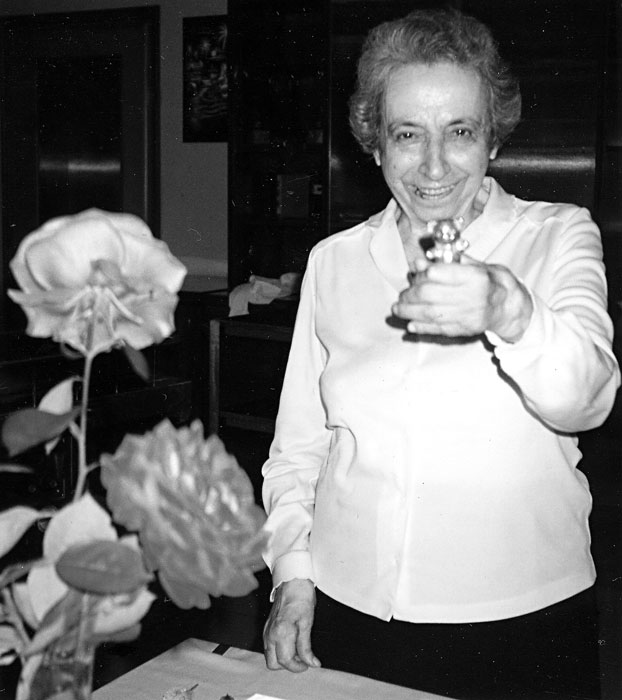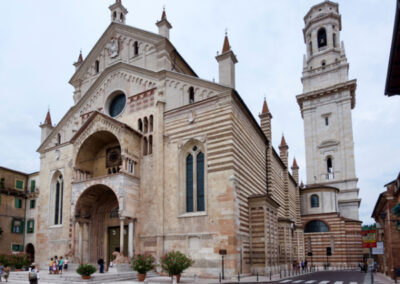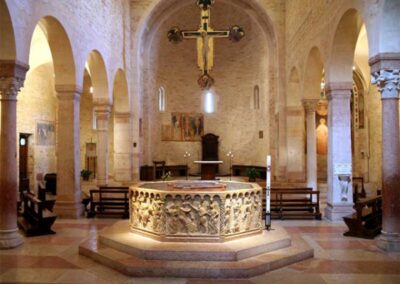PostulaTION
EDICT
Pictures of the closing ceremony of the diocesan phase of the cause which took place on 27 December 2016 in the presence of the Bishop of Verona Monsignor Zenti, of the then General President of the Cristo Speranza Missionaries of the Sick Institute, Patrizia Buracchio, of the postulator of the cause Don Francesco Massagrande, of the members of the “Amici Insieme per Germana” Association.
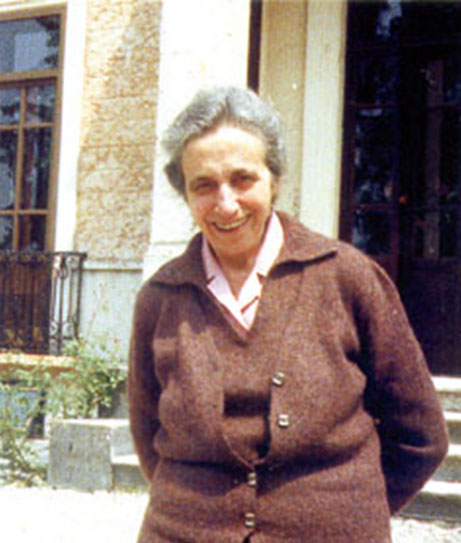
The path of hope in Germana Sommaruga in the footsteps of San Camillo
The path of hope in Germana Sommaruga in the footsteps of St. Camillus We publish a summary (not revised by the author) of the speech given by Dr. Cristina Simonelli, belonging to the theological commission, on 27 December 2016, at the conclusion of the diocesan process of the cause of the beatification of Germana Sommaruga.
“I give you
the chalice
of my
life […]
Filled with You
you become
an offering.“
Germana Sommaruga sends this prayer to Sebastiano Genco, of the Cristo Speranza Family Communities, in the last phase of his life. This prayer well summarizes Germana’s inspiration, path and inner dynamics.
The dates that encompass Germana’s life, 25 May 1914 – 4 October 1995, are not just a necessary clarification of the personal details; they, in fact, embrace the entire 20th century, a century full of civil and ecclesial transformations of which Germana is a participant and witness, in a high degree of holiness, all the more authentic the more it is lived in reserve and in the daily plot of life of “every woman “, as she will say about herself when, now elderly, she chooses to live in a retirement home.
By a happy coincidence, the diocesan investigation concerning Germana Sommaruga ends just after the beatification of Pope Paul VI who wanted Germana as a consultant at the Secular Institutes section of the Congregation for Institutes of Consecrated Life and Societies of Apostolic Life; Germana held this position from May 1978 to 1991. So who is this woman who corresponds and collaborates with bishops, cardinals and pontiffs and who at the same time lives a demanding secularity to the point of hiding? Here I will summarize some aspects of her personality.
Germana’s childhood and adolescence were deeply marked by pain and illness. Germana, in fact, loses her mother, suffering from tuberculosis, a few months after her birth and immediately after her one of her brothers also dies from the same disease. Germana’s childhood and adolescence were the years in which those political and social tensions developed in Europe that would lead to the great war and the drama of the Holocaust. Taking into account the Jewish origins of her family, one can well understand how much suffering Germana experienced the events of those years. The profound personal, family and social experience of pain and suffering becomes for Germana an element of compassion and dedication towards fragile and suffering life.
In 1936, in collaboration with some Camillian fathers, Germana began to give life to a reality, the “little family”, which brought together young women dedicated to caring for the sick. The “Famiglietta” will constitute the founding nucleus of the Secular Institute that Germana will soon establish.
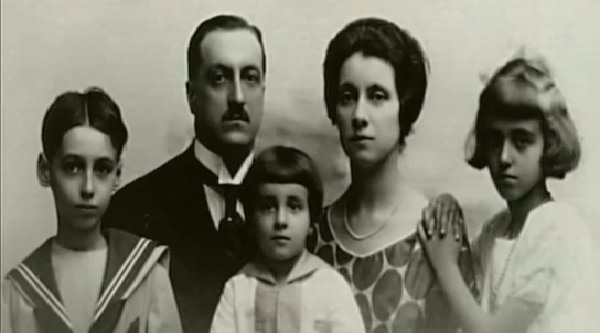
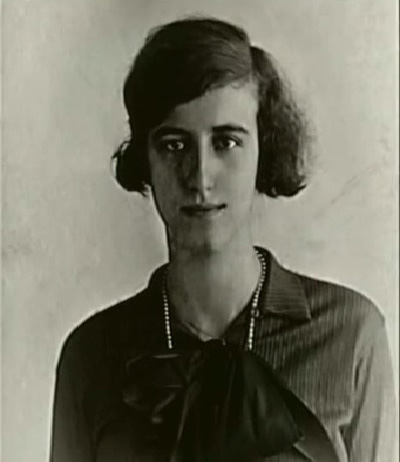
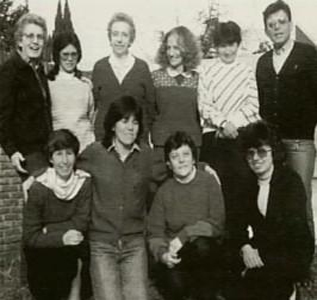
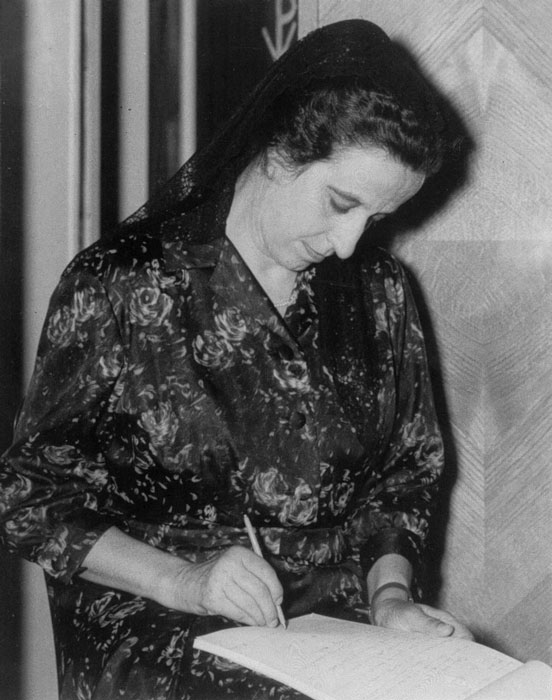
In 1947 Pius XII issued the apostolic constitution Provvida Mater Ecclesia which recognized Secular Institutes as a new form of consecrated life. The contents and spirit of the Provida Mater are somehow anticipated by the intuitions and experience that Germana had been developing since 1936 on the theme of consecrated secularity. In addition to the themes of secularity and secularity that Germana tirelessly elaborates and experiments in concrete life, also stimulated by the innovations of the Second Vatican Council, the transition from a spirituality linked to the themes of expiation and penance to a spirituality of the abandonment of one’s being and existence in the hands of the Father, of profound solidarity and kenosis, also expressed in profoundly theological and Christological terms.
We have traces of this spiritual travail of Germana in some of her writings in her maturity and in the choice to make the Famiglietta a Secular Institute inspired by the figure and work of Saint Camillus.
Thus she herself wrote, in her late maturity, commenting on the Constitution of the Institute she founded:
«[…] the charity of our sisters will help us to live in hope, to humbly accept our fragility, to grasp every value in us and around us».
And under the entry “abandonment” in the dictionary of the Constitution of the Secular Institute of the Missionaries of the Sick it says: «We are convinced that we cannot consecrate ourselves if the Spirit does not consecrate us, therefore we want to abandon ourselves to the Spirit in an active way by giving him the collaboration of our good will: the Spirit will develop in us the gifts of baptism and confirmation, he will form us in the spirit of the beatitudes, he will help us to live the gospel […] We ask him to make us humble, simple, docile to his needs in the hands of the Father for life and for the death. And it is this love that pushes us to say as a gesture of supreme trust: “Here I am!”.»
Inspired by a profound sense of secularity, founded on the certainty that the Spirit operates in the plots of history, Germana writes thus:
«Located in the most concrete human realities, elbow to elbow with the men of our time, we know – also – what the arrogance of sin is in the world […] Therefore, made with Christ the voice of every creature, we present to the merciful love of God every human reality including sin; we join Christ’s redemption in an effort of hope […] »
Very intense are the pages that, with a sense of profound secularity, Germana dedicates to work which, she says, is not only a means of sustenance but «[…] makes us the presence of Christ, the hope of men, who, disdaining nothing or by denying our problems, he gives them solutions.”
Germana maintained, until her death, dialogues and collaborations with all kinds of people, from high ecclesiastical figures, we recall here her friendship with Cardinals Pironio and Larraona, to her companions in the retirement home and her institute sisters. Germana cultivates relationships and contacts in a path that gradually takes on an increasingly universal dimension, until it reaches the boundaries of the world and the broadest forms of lay participation.
Germana’s faith is a demanding faith, a faith that in the most personal dialogues knows and manifests the proof of the radical question, of abandonment and of the dark night which becomes in her life a very demanding radicality but also sweetness and understanding towards those who care for her they address.
It doesn’t appear immediately from her biography, but Germana and her Missionaries of the Sick “Christ Hope” are deeply linked to Verona. Deeply but discreetly, as is their habit and also their purpose. Many and many of her knew her and appreciated the rigor, the profound alacrity of her and of her – I still use this initial name for her – Famiglietta. I didn’t personally know her but her experience was introduced to me through Don Serio De Guidi who I remember here with gratitude and affection.
The presence of Germana, of her Missionaries, of the “Friends of Germana” Association is still a sign of the vitality of this Church of Verona and of the potential that it expresses.
And like every sign it also has a prophetic dimension; while comforting and confirming, this ecclesial experience exhorts us to decisively pursue the path of charity in all its forms, without losing our smile and trust in the future, which is a secular habit as well as a theological virtue.
